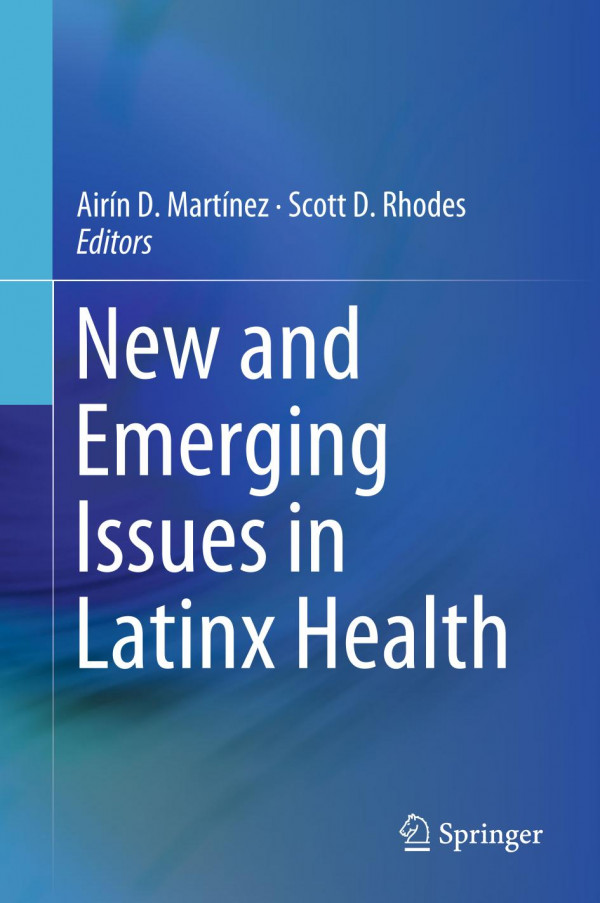

Most ebook files are in PDF format, so you can easily read them using various software such as Foxit Reader or directly on the Google Chrome browser.
Some ebook files are released by publishers in other formats such as .awz, .mobi, .epub, .fb2, etc. You may need to install specific software to read these formats on mobile/PC, such as Calibre.
Please read the tutorial at this link. https://ebooknice.com/page/post?id=faq
We offer FREE conversion to the popular formats you request; however, this may take some time. Therefore, right after payment, please email us, and we will try to provide the service as quickly as possible.
For some exceptional file formats or broken links (if any), please refrain from opening any disputes. Instead, email us first, and we will try to assist within a maximum of 6 hours.
EbookNice Team

Status:
Available4.8
9 reviewsThis volume is being published at a critical time in U.S. history and serves as a comprehensive and much-needed update to what is known about Latinx health. As both the United States and Latinx subgroups experience demographic shifts, it is critical to examine the current epidemiology of Latinx health, as well as the factors influencing the health and well-being of this growing population.
Chapters in this book, written by highly respected experts, illuminate the diversity of the Latinx population and provide strategies to mitigate many of the challenges they face, including challenges related to migrating to new destinations. The book is designed to enrich dialogue around the multilevel determinants of Latinx health and concludes with a call to action for increased culturally congruent, theoretically informed and participatory Latinx health research. The book also encourages the mentorship and growth of early career and junior investigators to conduct research on Latinx health issues.A selection of the perspectives included among the chapters:
New and Emerging Issues in Latinx Health is an invaluable compendium that provides a foundation of understanding Latinx health and well-being and guides future research and practice. The book is essential for researchers, practitioners, and students in the fields of public health and the social sciences including community and health psychology, health administration and policy, community health education, medical anthropology, medical sociology, population health, and preventive medicine. Moreover, the chapters in this volume are also relevant for federal, state, and local agencies, including health departments, and other Latinx- and immigrant-serving community organizations.